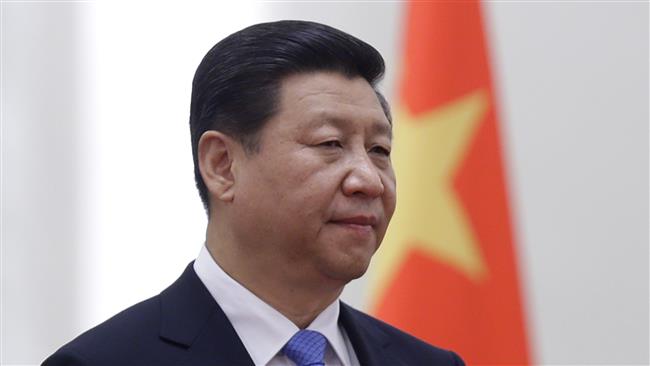U.S. defense and intelligence officials have little confidence in new cyber deal with China
10/05/2015 / By usafeaturesmedia

(Cyberwar.news) U.S. intelligence and defense officials are expressing doubts that a newly inked cyber deal with China will do much to prevent Beijing’s incessant hacking of American government, military and civilian computer systems.
Cyber espionage was reportedly high on a list of discussion items between President Barack Obama and Chinese President Xi Jinping during a recent state visit by the latter recently. The deal allegedly bars each country from officially backing any efforts to steal intellectual property from the other, but it comes after China has already managed to steal massive amounts of U.S. government personnel data and military secrets.
It is because of China’s long history of hacking U.S. systems that defense and intelligence officials are skeptical the new agreement will do much to curb Beijing’s cyber espionage, FierceGovernmentIT reports.
“We are inherently skeptics,” said James Clapper, director of national intelligence, during testimony before the Senate Armed Services Committee.
U.S. intelligence officials say that Russia is probably the most skilled nation state in terms of cyber threats, but China certainly is the most relentless and is constantly probing Defense Department and military contractors, according to Navy Adm. Mike Rogers, commander of U.S. Cyber Command and head of the National Security Agency.
What’s more, Clapper added, were China to violate the agreement, it would not trigger any specific penalties.
“There are certainly implied penalties,” he said. “You don’t necessarily have to do a cyber ‘eye for an eye,’ it can be some other form of retaliation.”
Deputy Defense Secretary Robert Work told senators on the panel that the U.S.–China deal was more of “an agreement” than anything else.
“This isn’t a treaty or anything like that. It’s a confidence-building measure to find out if China is going to act responsibly,” said Work.
He added that China has much “to prove to us” because of evidence that Beijing has stolen reams of data from defense contractors, thefts that resulted in advances in China’s own military capabilities.
And Clapper reminded senators that the U.S. is also engaged in cyber espionage of its own, adding that “we’re not bad at it.”
“People who live in glass houses shouldn’t throw rocks,” he later said.
Have you ‘liked’ Cyberwar.news on Facebook? Click here!
See also:
Tagged Under: China, cyber deal, cybersecurity, Defense Department, hacking, intelligence agencies, US military




















